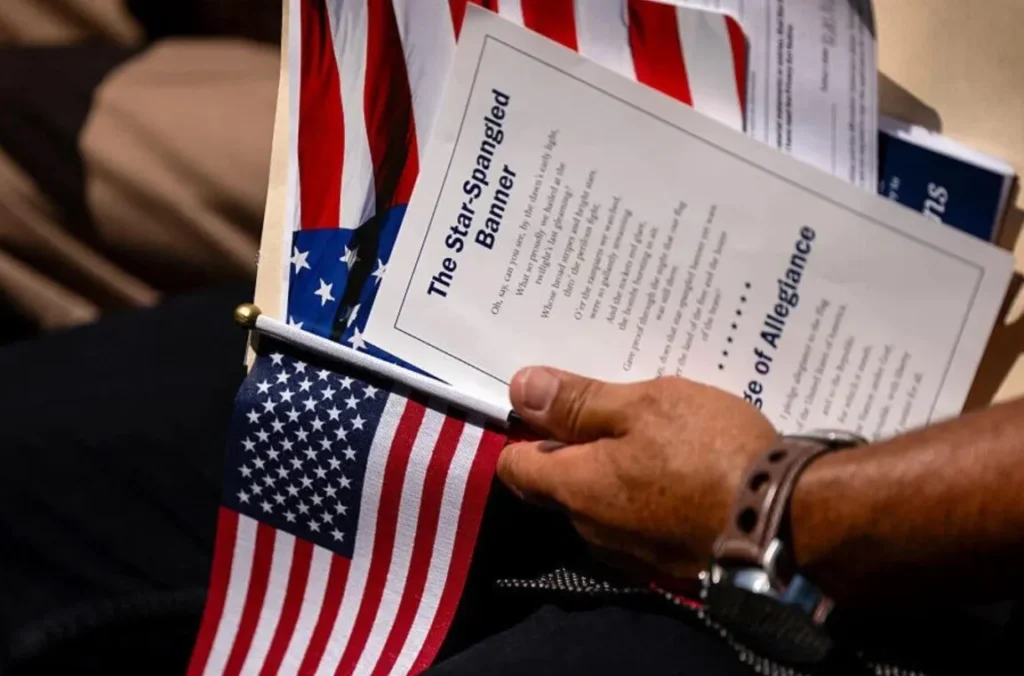
On August 15, 2025, U.S. Citizenship and Immigration Services (USCIS) released new policy guidance expanding how officers evaluate the “good moral character” requirement for naturalization applicants. This update means that immigration officers will now consider a broader range of both positive and negative factors when deciding whether a lawful permanent resident may become a U.S. citizen.
What’s New?
Traditionally, good moral character determinations focused on serious offenses—such as aggravated felonies, unlawful voting, or false claims to U.S. citizenship—committed within the required 3- or 5-year statutory period. Under the new policy, USCIS officers are instructed to take a more comprehensive approach:
Positive Factors That May Help Applicants
- Long-term community service or volunteer work
- Caregiving responsibilities for family members
- Educational achievements
- Steady and lawful employment
- Financial responsibility, including consistent tax compliance
- Extended periods of lawful residence in the U.S.
Conduct That May Raise Concerns
- Certain lawful but socially questionable behaviors (such as repeated traffic offenses, harassment, or aggressive solicitation)
- Multiple DUI convictions, drug-related offenses, or other conditional bars
- Any conduct deemed inconsistent with the “average behavior” of citizens in a community
Rehabilitation Considered More Closely
The new guidance also stresses that rehabilitation efforts will carry more weight. For example:
- Proof of probation compliance
- Payment of overdue taxes or child support
- Character letters from community leaders
- Mentorship or community engagement after past misconduct
Why It Matters
While some crimes still automatically bar applicants from citizenship, the new guidance gives officers more discretion to evaluate cases based on a broader picture of an applicant’s life, including community reputation and civic responsibility.
This change may create additional uncertainty for applicants. Even minor infractions, if not offset by strong evidence of good character, could delay or even derail a naturalization case. On the other hand, applicants who actively highlight their positive contributions and rehabilitation efforts may benefit under the updated policy.
What Applicants Should Do
If you’re preparing to apply for U.S. citizenship, it’s important to:
- Collect evidence of your positive contributions to your family, workplace, and community
- Be proactive about addressing past issues with proof of rehabilitation
- Expect more detailed background checks and potential requests for additional documentation
At Zhang-Louie PLLC, we have helped many clients prepare strong naturalization applications that highlight their achievements and compliance with U.S. law. With the expanded discretion given to USCIS officers, careful preparation is more important than ever.
GET IN TOUCH

